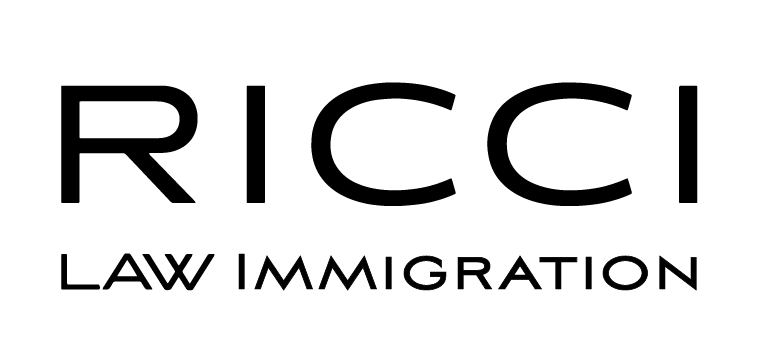Humanitarian Categories

Categorias humanitárias
The United States has several immigration programs for foreign citizens who face serious physical or psychological threats in their home countries and are in need of humanitarian aid. Whether through temporary protected status or a green card process, few countries offer as many possibilities for safety and a fresh start as the US.
At Ricci Law, we represent clients in a variety of humanitarian immigration cases, including defense in court against removal or deportation. Learn about some of the humanitarian programs offered by the US government and contact our team if you need legal assistance.
ASYLUM
The first requirement for someone to apply for asylum is to be physically present in the United States. Therefore, it is not permitted to file a petition for asylum benefits in the applicant’s country of origin or residence, which means that the person concerned must already be in the country.
Once in the US, the applicant must file documents with USCIS or with the immigration court within 12 months of arriving in the country. In this documentation, there must be substantial evidence of persecution that poses a physical or psychological threat to the applicant’s life, stating why he or she


VICTIMS OF DOMESTIC VIOLENCE (VAWA)
The Violence Against Women Act (VAWA) is a category created to help immigrants who are suffering physical and psychological abuse in their domestic relationships with American citizens or lawful permanent residents (LPR) in the United States. Although VAWA stands for “Violence Against Women Act”, the program can also be applied for by men. To qualify for VAWA, the victim must provide evidence that they have been subjected to cruelty and have been present in the US for less than 3 years.
DACA
DACA (Deferred Action for Childhood Arrivals) is an immigration program that allows some individuals with undocumented presence in the United States after being brought to the country as children to receive a two-year period (which can be renewed) of protection from deportation. DACA also allows eligibility to receive a work permit in the country.
To qualify for DACA, an applicant must prove unlawful presence in the United States for a certain period of time (according to their age and length of time living in the country), complete high school or equivalent education and not have been convicted of any felonies or misdemeanours.


REMOVAL AND DEPORTATION DEFENSE
Removal defense involves representing and defending immigrants facing deportation from the United States. For many immigrants facing this type of situation, it is necessary to appear before a federal judge in immigration court. To avoid deportation or removal, the person will need to present a variety of arguments and evidence to help explain why an undocumented or illegal immigrant should remain in the United States. Due to the complexity of the defense process, it is essential to have legal advice from lawyers with experience and knowledge of US immigration law.




